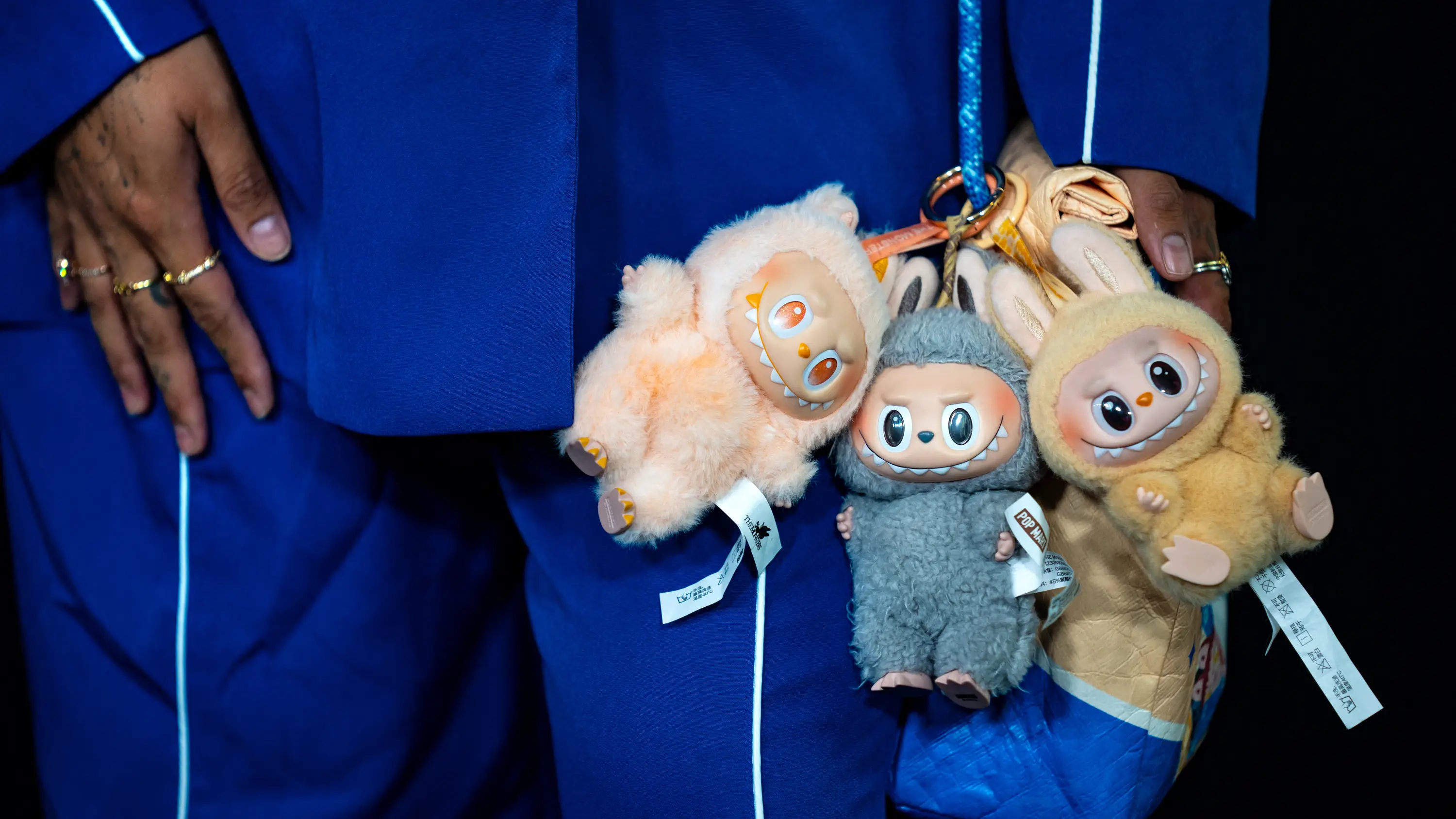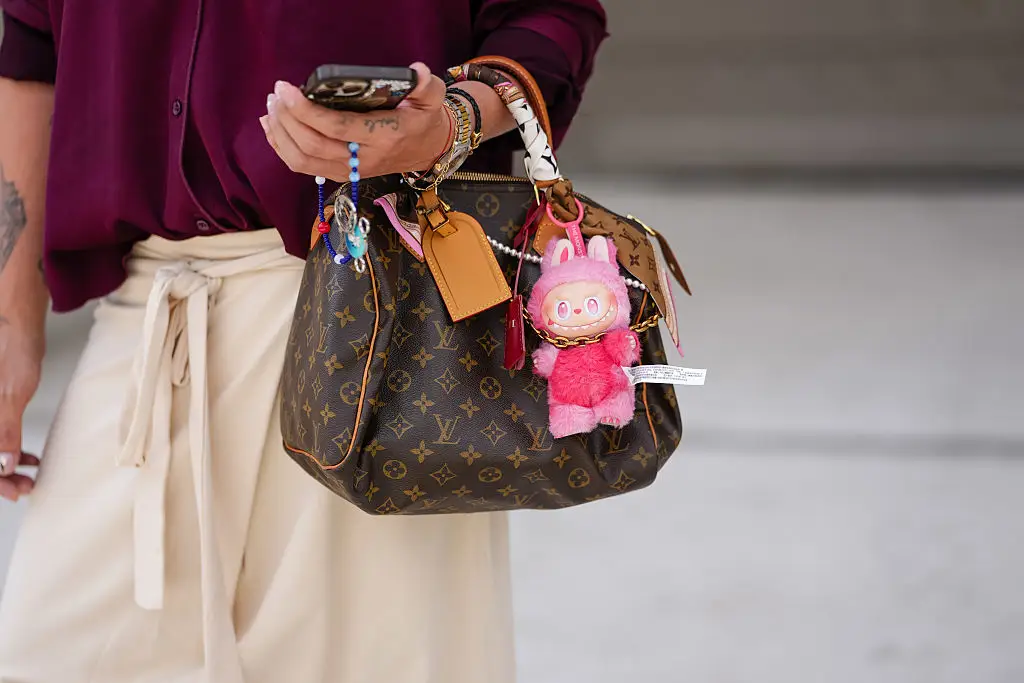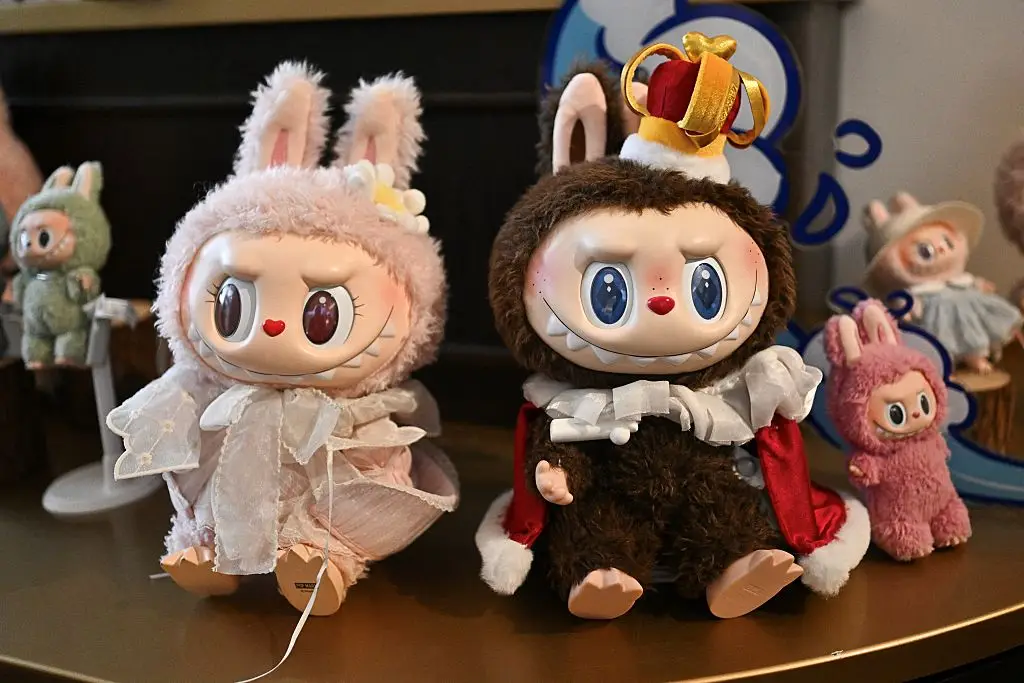
A psychologist has given her verdict on the reason why people find Labubus ‘so addictive’ as the craze for the furry dolls continues to grow.
For those not familiar, the viral toys are collectibles that were created by Hong-Kong born artist Kasing Lung and they come in a variety of different colours and collections
The main appeal for most people is the ‘blind box’ element - meaning you don’t know which one you’ll get until you open up the packaging and take it out.
So-called ‘unboxing’ videos posted to social media platforms such as TikTok and Instagram of people opening up their Labubus and revealing which ones they got have racked up millions of views in recent months.
Advert
But with such popularity, of course, comes some downsides, and earlier this year, PopMart stores in the UK were forced to pull the dolls from their shelves due to people fighting over them.
On top of this, authorities around the world have been issuing warnings about fake versions of the collectibles, known as ‘Lafufus’.
Although they are cheaper, they haven’t been through trading standards and therefore can’t be guaranteed as safe for little ones due to things like small parts.

While all of this is going on, one of the main questions on everyone’s minds is simply why are people going so crazy for the monster-like figures?
Previously, one psychologist previously explained to Tyla that she sees the rise of trinkets as a ‘response to the emotional climate Gen Z are growing up in,’ and now another expert gone into the details of why collecting itself feels so rewarding for people.
Research psychologist, Dr Emma Palmer-Cooper, has given her verdict, as well as issuing a warning for how collecting can sometimes spiral out of control if you aren’t careful.
The expert told Tyla that while collecting can be beneficial, it’s not ‘without its risks’.
Dr Palmer-Cooper said: “When a hobby begins to dominate someone’s life, either taking up significant space, becoming financially burdensome, or fostering unhealthy competition, it may negatively affect wellbeing.
“Social dynamics around collecting can become toxic if they shift from shared joy to comparison, competition, or status.
“In some cases, collecting may also serve as a form of avoidance, distracting from deeper emotional or psychological challenges, rather than helping to resolve them.”
She explained that collecting can ‘meet several core psychological needs that support wellbeing’ according to positive psychology.

This simply means that our wellbeing is maintained by positive emotions, engaging activities, meaningful relationships, a sense of purpose, and feelings of achievement.
The psychologist said: "At its most basic level, interacting with items we enjoy or find meaningful, like a favourite plush or figurine, can elicit feelings of pleasure, comfort and satisfaction.
“These positive emotional experiences are then positive reinforcement; when an activity makes us feel good, we're more likely to repeat it. So, if owning or searching for a particular trinket brings joy, the desire to continue collecting grows.”
She added that, as we’ve seen online, collecting things like Labubus can serve as a social function.
Dr Palmer-Cooper said: “Research shows that shared interests and hobbies promote social connection and can lead to communities that offer emotional support, which is a key factor in coping with life’s challenges.
“Online platforms, in particular, have made it easier to connect with others who share the same niche interests, contributing to a sense of belonging.”
Tyla has contacted PopMart and Kasing Lung for comment.
Topics: Labubu, Gen Z, Social Media, Life, Shopping, Tyla Exclusive